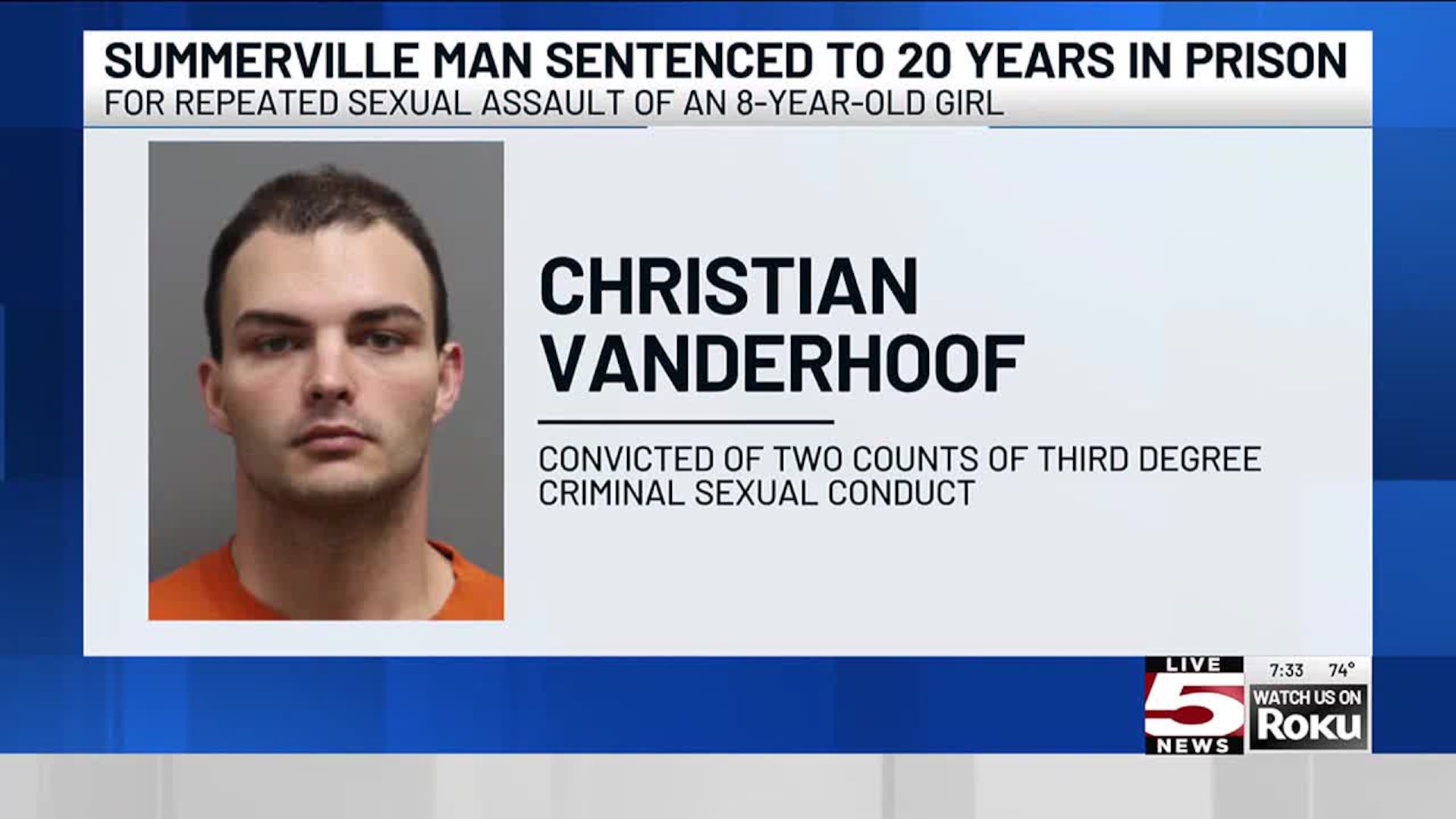Man Sentenced to 8 Years for Sexual Assault Live-Streamed Online

In a shocking case, a 30-year-old male BJ (broadcast jockey) was sentenced to eight years in prison for sexually assaulting an unconscious woman while live-streaming the act online. The incident, which occurred in September of last year, drew over 200 viewers, raising questions about the potential complicity of those who watched without reporting it. The Seoul Central District Court's 29th Criminal Division, presided over by Judge Eom Gi-pyo, issued the sentence on May 21, along with a ten-year employment ban for the perpetrator, identified as Kim.
Kim was accused of consuming sedatives and engaging in sexual acts with a woman who was incapacitated at the time. Despite his claims of no coercion, the court rejected his defense, stating that it was unreasonable to believe the victim was aware of the live-streaming. The court noted that Kim's intent was to attract more viewers and generate revenue through provocative content.
Although more than 200 viewers were present during the live broadcast, none reported the incident. The victim later learned about the situation from a whistleblower and subsequently filed a police report. In an interview with KBS, she expressed her shock, stating, "I was told that I needed to know about the incident, and I was discouraged from watching the footage because it might be too traumatic. I have no memory of it, and in the video, I am completely unconscious. Why did 200 people just let it happen?"
The question of whether the viewers could be charged as accomplices has garnered attention, but experts believe that current laws make it difficult to prosecute them. Attorney Song Chae-hyun from Roel Law Firm explained on YTN's 'Case X File' that mere viewership does not meet the legal criteria for complicity. Identifying the viewers is also a significant challenge, complicating any potential investigation or prosecution.
However, Song noted that if viewers had actively encouraged the actions through comments or financial support, they could be held accountable. He emphasized the need for legal reforms to enhance platform accountability, citing the European Union's Digital Services Act (DSA), which imposes fines on large platforms for failing to manage illegal content. He concluded that similar legal measures should be established to prevent platforms from evading responsibility.
What do you think?
0 reactions





